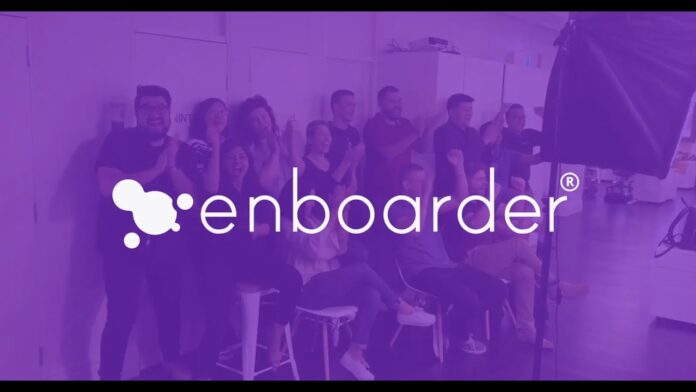Global Enboarder Survey Reveals One-Third of Employees Face Subpar On-boarding, With Remote And Hybrid Teams Most Affected.
In a global survey conducted by Enboarder® involving over 1,000 employees across the U.S., U.K., and Australia, it was revealed that poor on-boarding experiences significantly impact employee retention and engagement. According to the study, one-third of new hires who experienced substandard on-boarding began searching for new jobs, while 25% actually left their roles and another 25% shared their negative experiences with others. The survey highlights the ongoing challenges companies face in boosting morale and engagement in today’s work environment. Alarmingly, only 26% of employees reported feeling fully informed, engaged, and confident during their most recent on-boarding experience.
Remote and Hybrid Workers Face the Greatest Challenges
The findings emphasize that remote and hybrid employees struggle the most during on-boarding:
- 42% of remote new hires reported having a poor on-boarding experience, followed by 39% of hybrid workers.
- Remote employees were 50% more likely than on-site workers to feel that company culture was inadequately demonstrated or not demonstrated at all.
- Field employees were over twice as likely to feel uninformed, disengaged, and lacking confidence compared to on-site counterparts.
- Remote hires were also nearly twice as likely to find the on-boarding software or applications unhelpful.
The Critical Role of Human Connection and Communication in on-boarding Success
Effective on-boarding processes that prioritize human connection and communication are essential in today’s competitive labor market. Employees who establish friendships during on-boarding are significantly more likely to have a positive experience. In fact, these individuals are four times as likely to describe their on-boarding as exceptional and twice as likely to report overall satisfaction. A successful on-boarding experience translates into measurable benefits for companies.
Positive Outcomes of Effective on-boarding
For employees with a positive on-boarding experience, the following results were observed:
- 42% felt more engaged in their work.
- 46% were satisfied with their decision to join the company.
- 34% were motivated to stay longer with the organization.
- 32% would recommend the company as a great workplace.
Consequences of Poor on-boarding
Conversely, ineffective on-boarding fuels dissatisfaction and turnover, leading to significant challenges for companies:
- 34% of employees felt disengaged.
- 33% regretted accepting the job.
- 30% developed a negative perception of the workplace.
- 25% left their job.
- 25% shared their negative experience.
Dan Finnigan, CEO of Enboarder, emphasized the stakes:
This report demonstrates that the initial experiences of new hires have a profound impact on employer branding, employee experience, and overall performance. Unfortunately, many on-boarding programs are failing to meet expectations, which is negatively affecting business outcomes.”
Insights from the Latest on-boarding Report:
on-boarding Technology: A Double-Edged Sword
While 74% of new hires interact with on-boarding software, only 19% found it highly effective. Poorly designed software can hinder the on-boarding process, underscoring the importance of selecting user-friendly and helpful tools.
Workplace Friendships Amplify on-boarding Success:
Building friendships during on-boarding significantly enhances outcomes. Employees who form workplace connections are twice as likely to feel well-informed about their roles and job expectations. Notably, effective on-boarding software supports these connections, as those without it are three times less likely to make friends than those using helpful tools.
The “Over-the-Moon” on-boarding Experience:
Exceptional on-boarding starts early: 80% of employees with an outstanding experience reported that on-boarding began before their official start date. Additionally, 62% highlighted the importance of strong personal connections in shaping their positive experience.
These findings reinforce the need for companies to modernize their on-boarding processes. By investing in effective technology, fostering personal connections, and prioritizing clear communication, organizations can transform on-boarding into a strategic advantage.





